ABK’s Guide: Correct Ways of Feeding Kittens
Kittens right from their births have high energy requirements but have small diets and need to be kept safe from infections. This is all part of raising kittens from a very young age. Feeding anything to young kittens can potentially be dangerous and possibly lethal too. Even when their diet is milk from day one, motherless kittens shouldn’t just be fed cow or buffalo milk.
We’ll talk about how to create the proper diet kittens require during their growing up days.
Weaning Kittens
Neonatal kittens need their mother’s milk within a few hours of their birth. The first milk also called colostrum, is dense with nutrients and antibodies which are absolutely essential for infant kittens.
Weaning kittens off milk to solid foods usually starts around week four. Kittens at this age will start nibbling the bottle of milk when fed. This is when you can start introducing solid kitten food in very small amounts while still feeding them milk.

At week five, you can start introducing moistened dry kibble and can gradually start phasing out milk as their primary feed. After week six the weaning process can end as kittens will naturally start to rely on conventional kitten food. By week seven, the weaning process should be complete and kittens will only be eating normal kitten food.
Protein, Fats, & Amino Acids
These are the building blocks of a mammal’s healthy body and young kittens need a lot for their growth. When choosing food for kittens make sure it contains the right amount of all of these nutrients.
Feeding kitten baby formula or any other human food is not advised since it doesn’t have the nutritional requirements kittens need.
Feeding Frequency
Since young cats have high energy requirements but have small diets you might end up feeding kittens more frequently during the day. This is fine, according to pet experts and is considered normal as long as they get the correct amount of nutrition.

Giving kittens more nutrients than they need is as bad as giving less. Supplementing their diets with vitamins and minerals can lead to adverse health issues. So supplementing diet should be very specific and only given under veterinary guidance.
Water
Perhaps the most critical nutrient there is. Cats, especially kittens should be given purified water at all times. It is a good idea to invest in a pet water dispenser as they also have filtration units within them and keep the water flowing, meaning every sip is met with purified water.
Avoid Raw Diets
Raw liver, fish & eggs may contain harmful bacteria and salmonella, which can lead to fatal diseases. After kittens have been weaned, feeding these items after they have been cooked is absolutely fine. In case of cooked fish, make sure bones are removed from the cooked flesh as the cooked bones can lead to internal injuries.



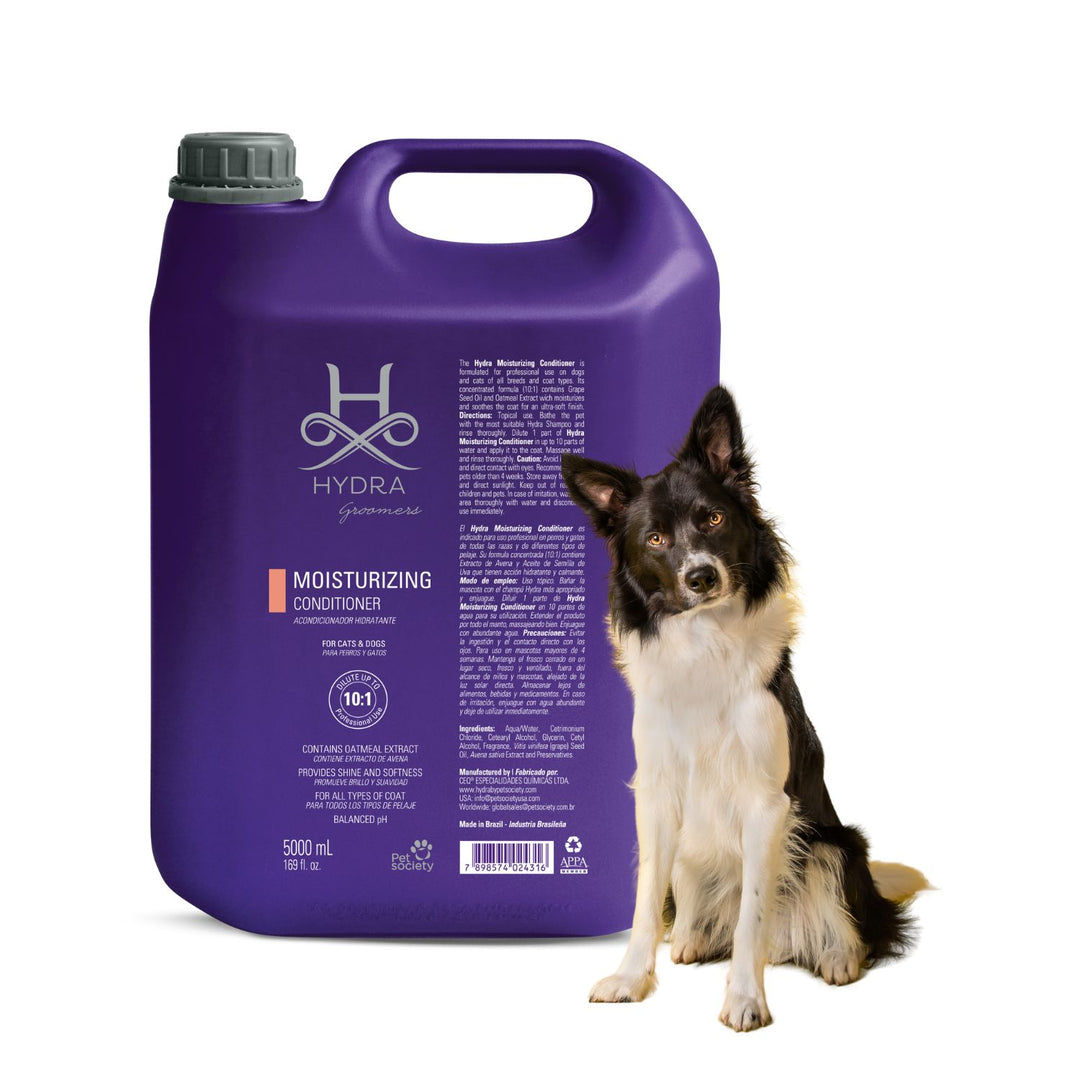
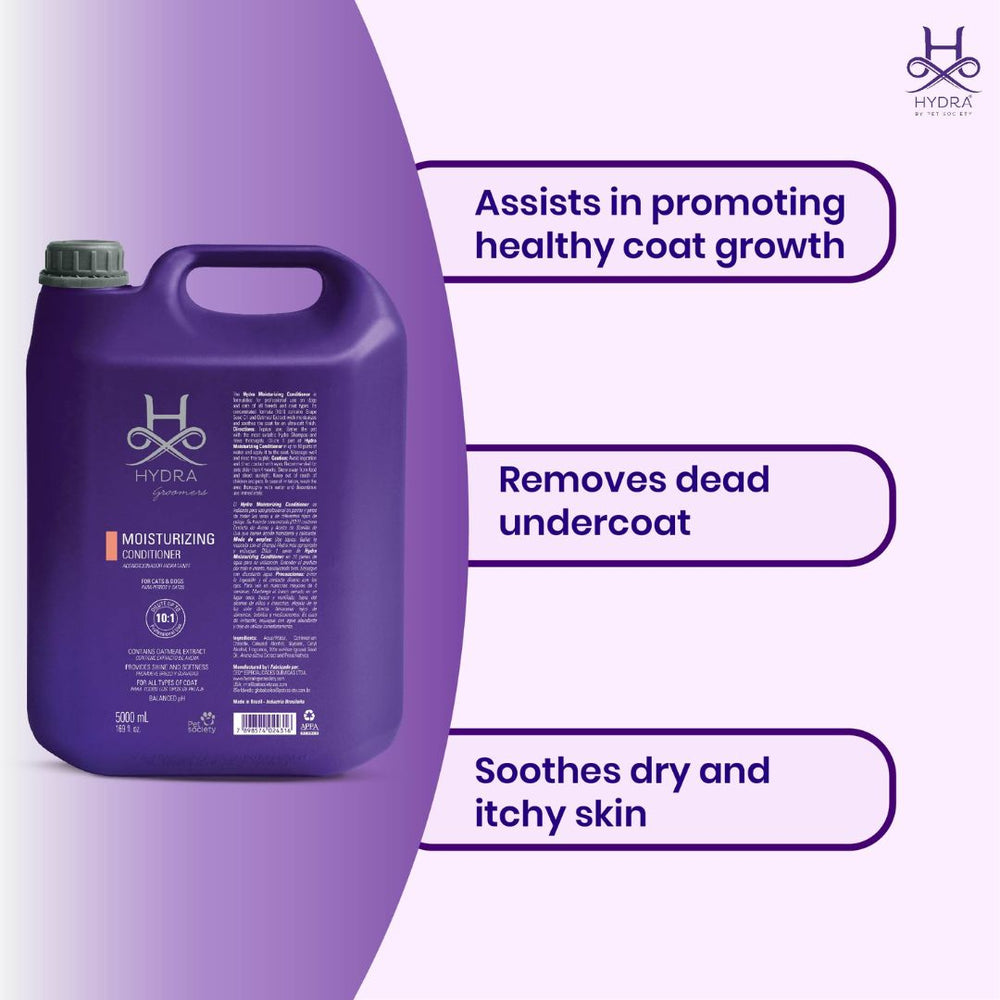
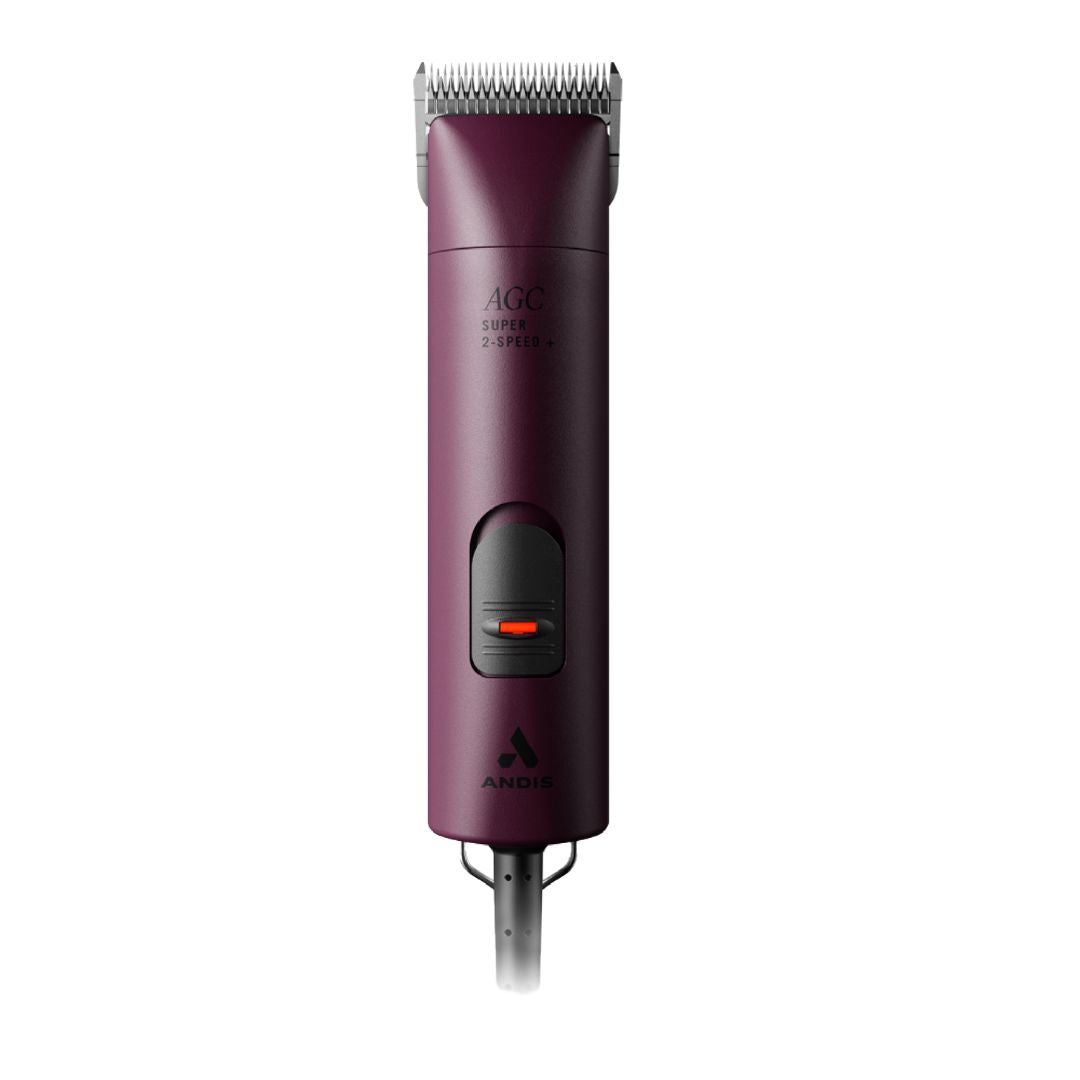
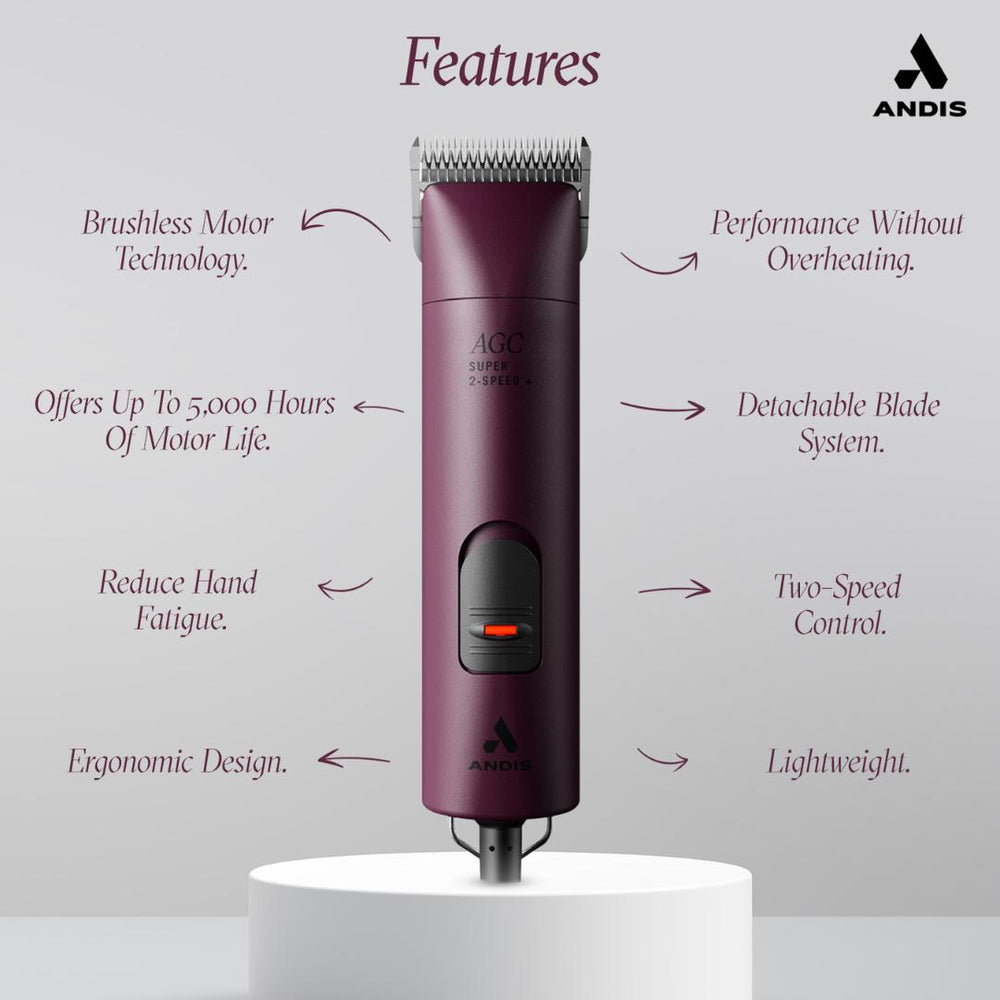
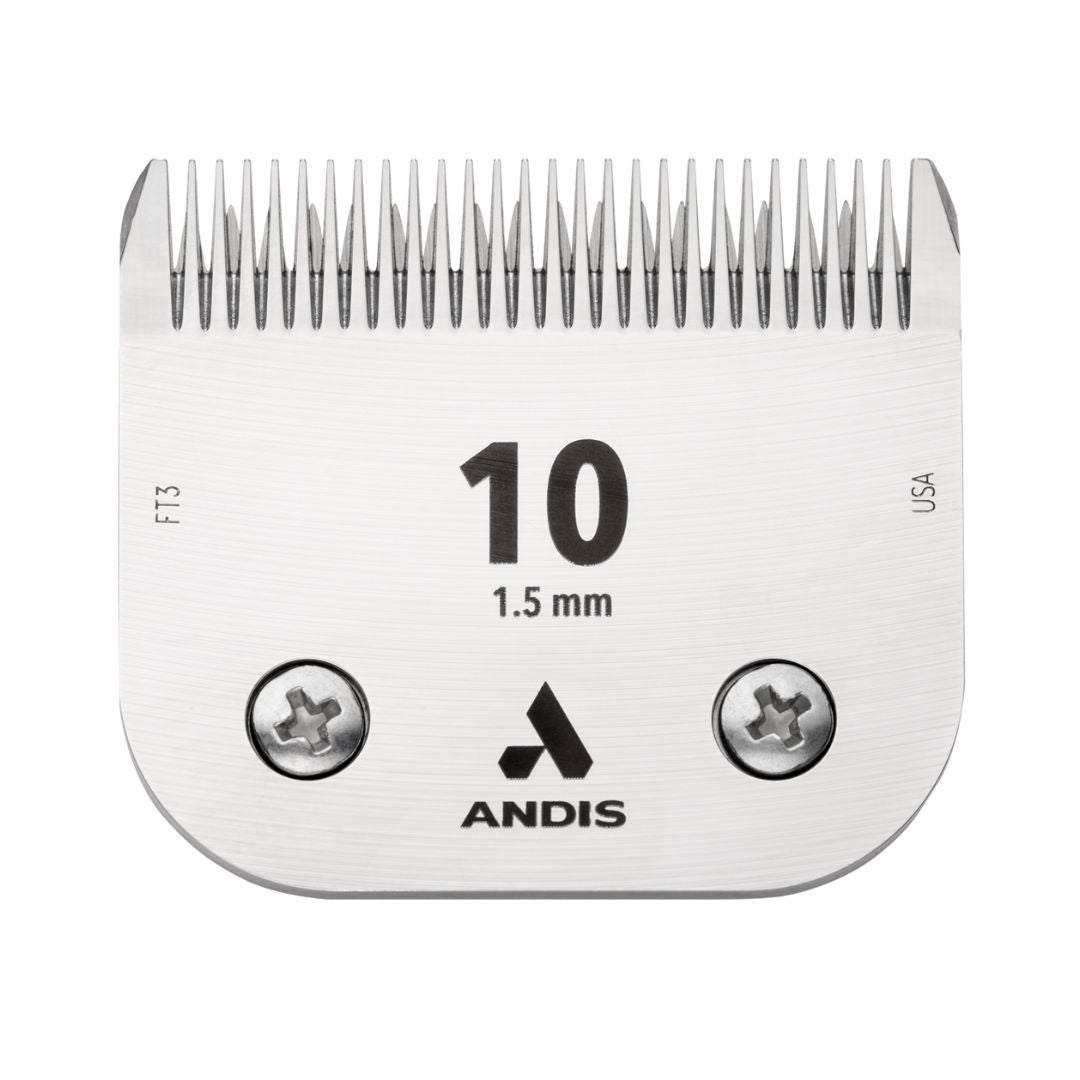

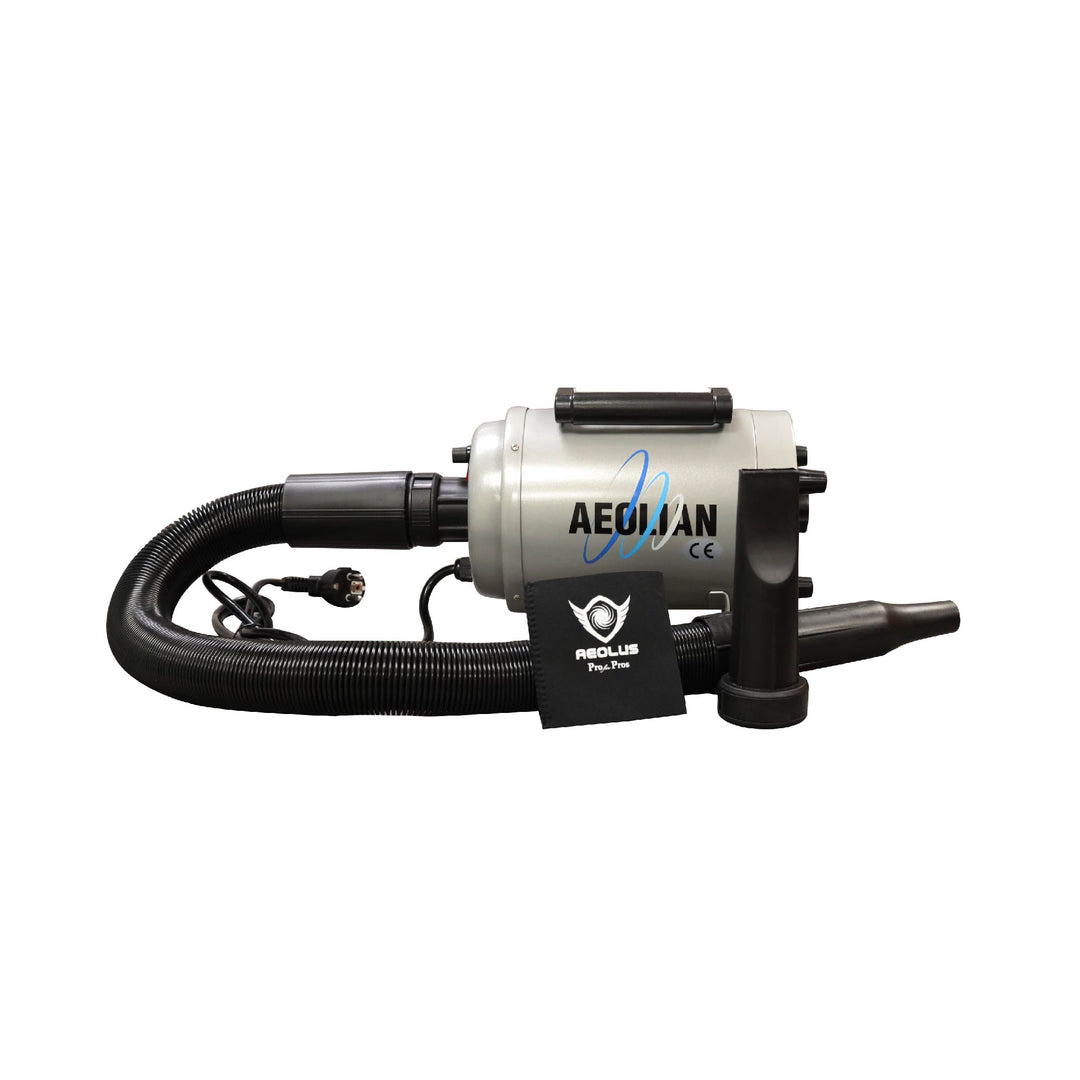
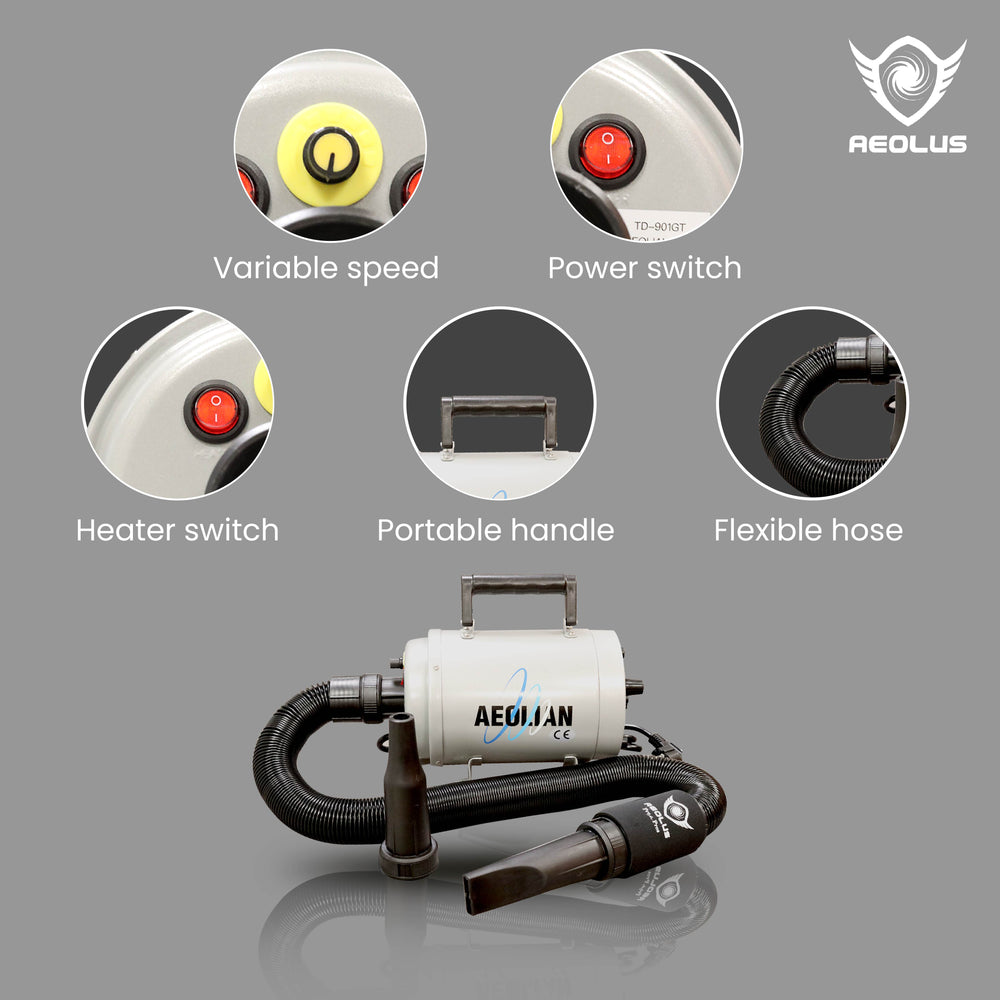
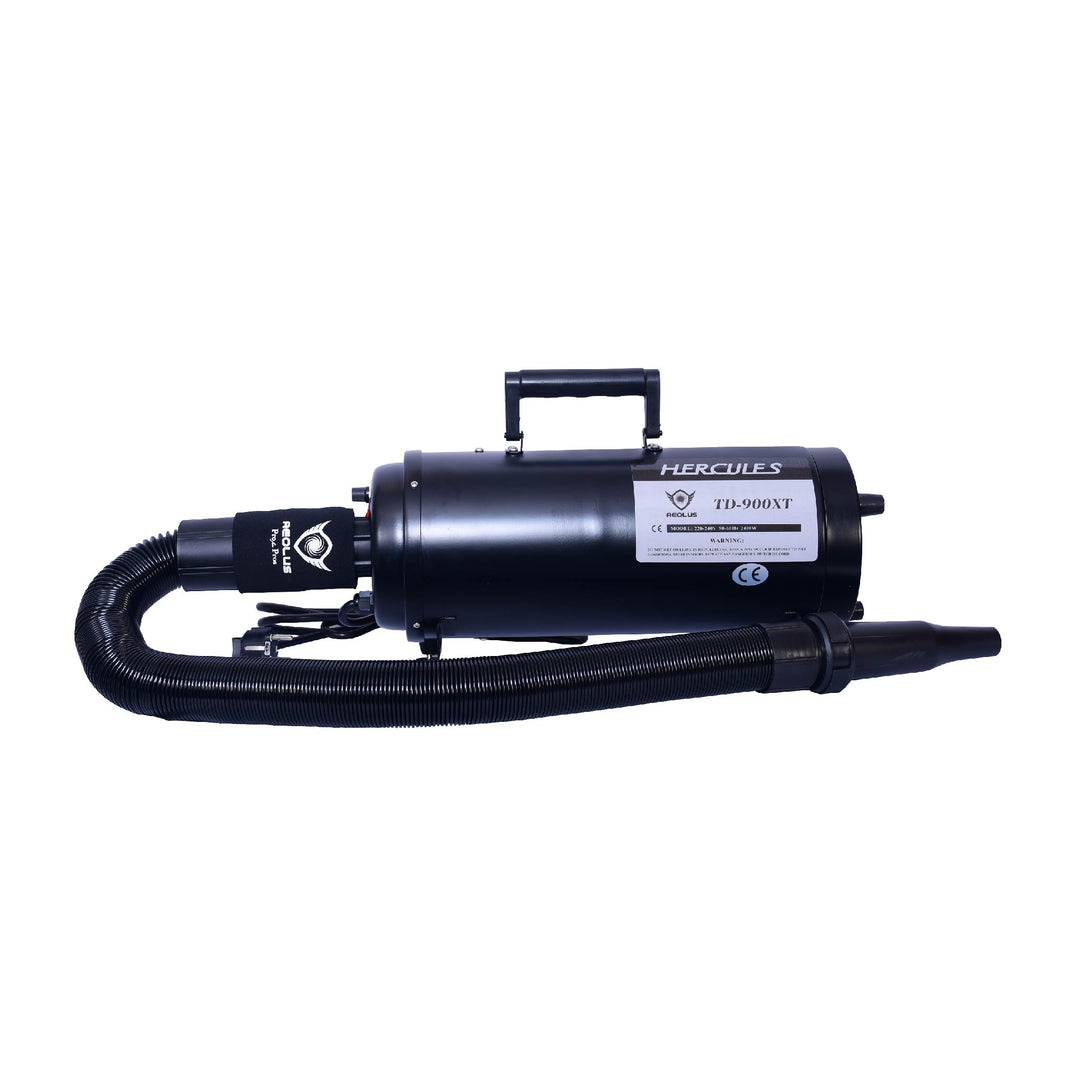
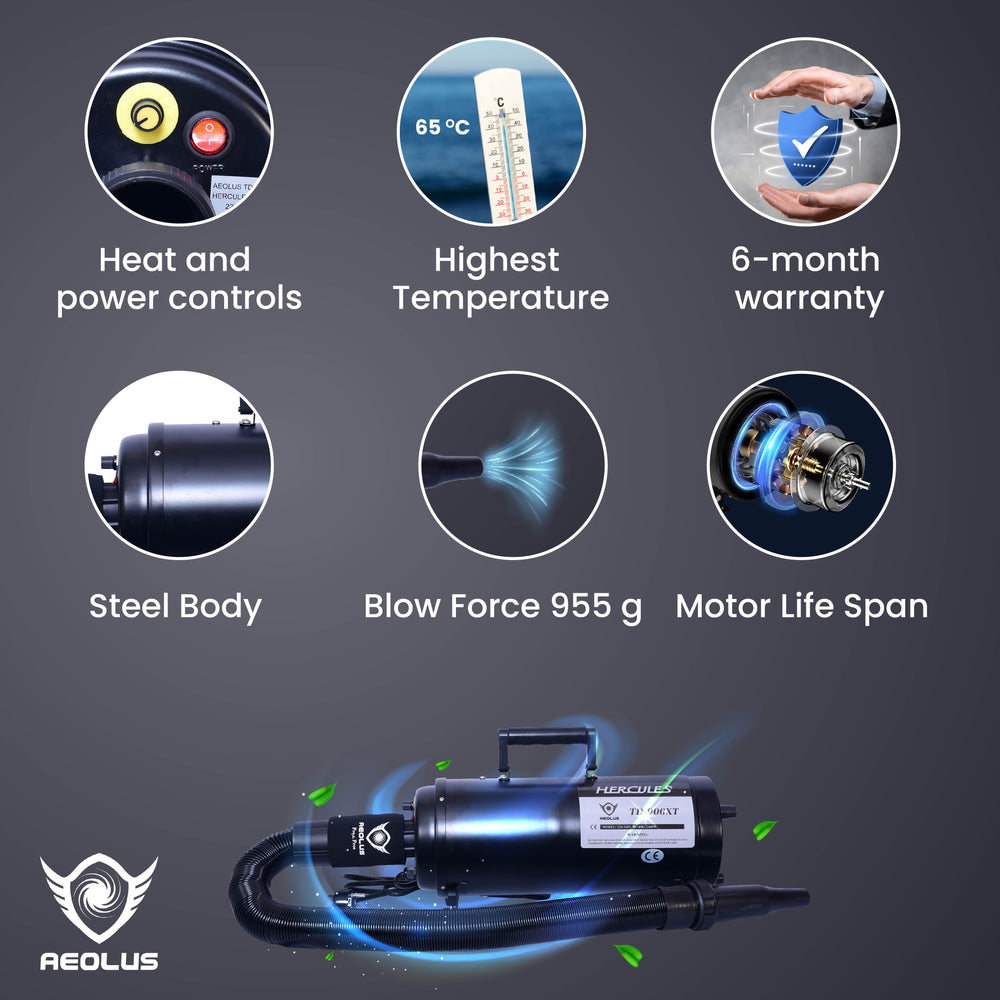
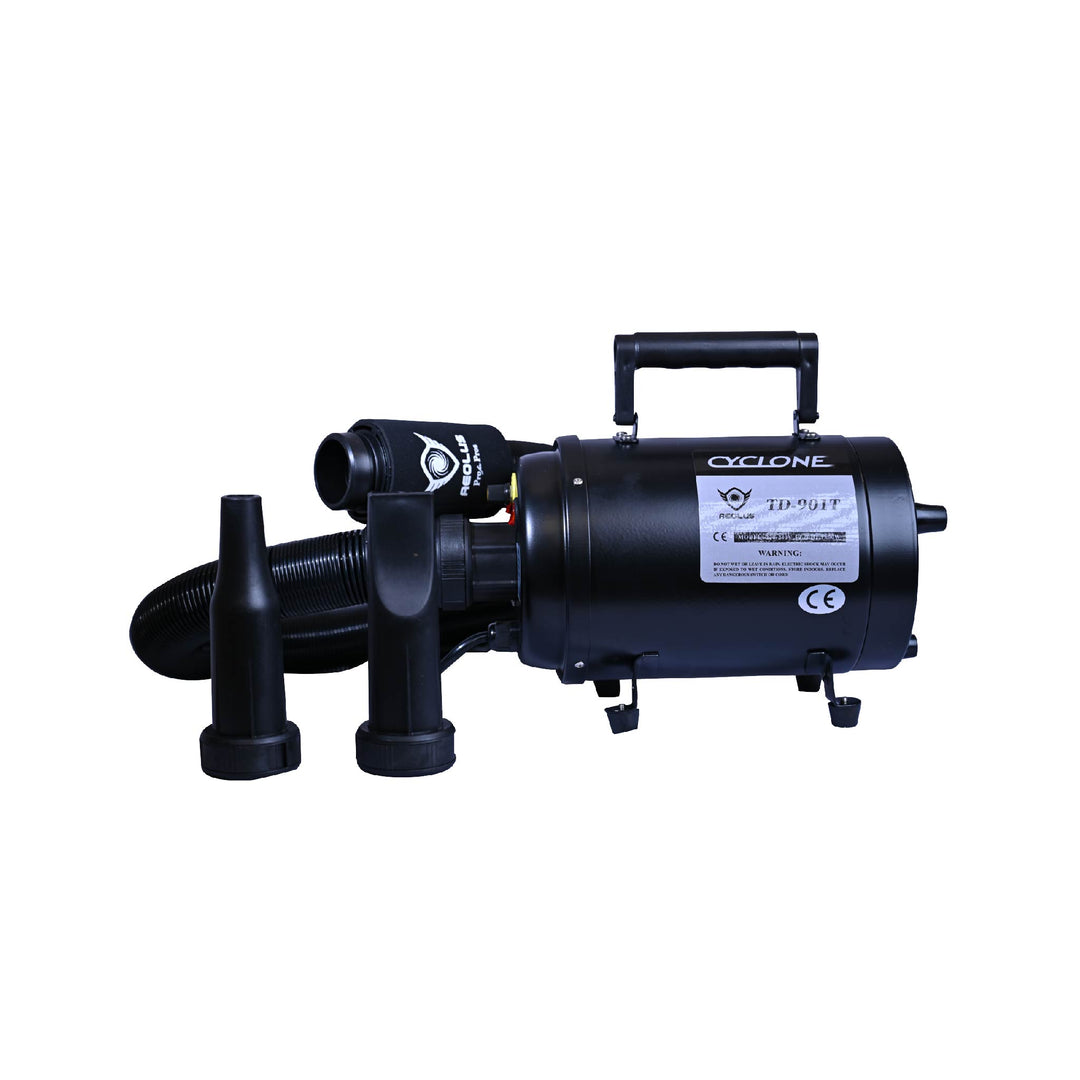
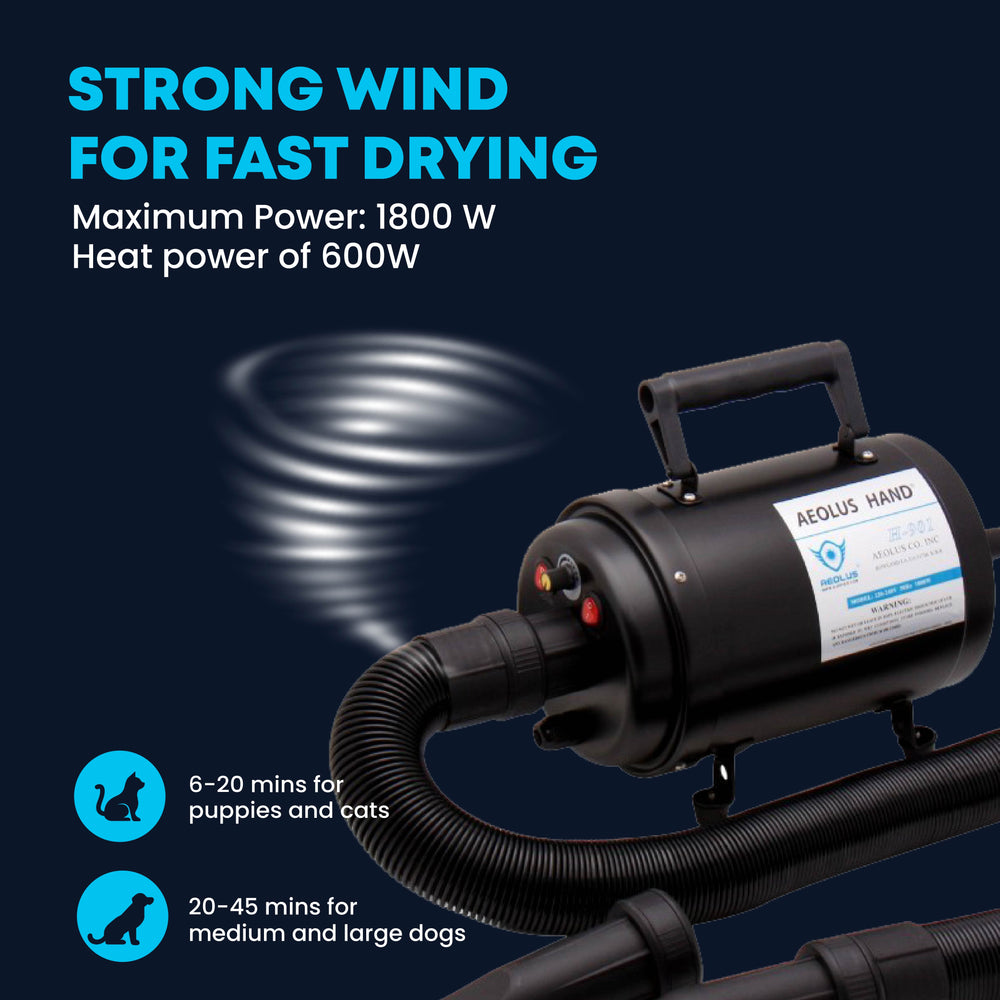
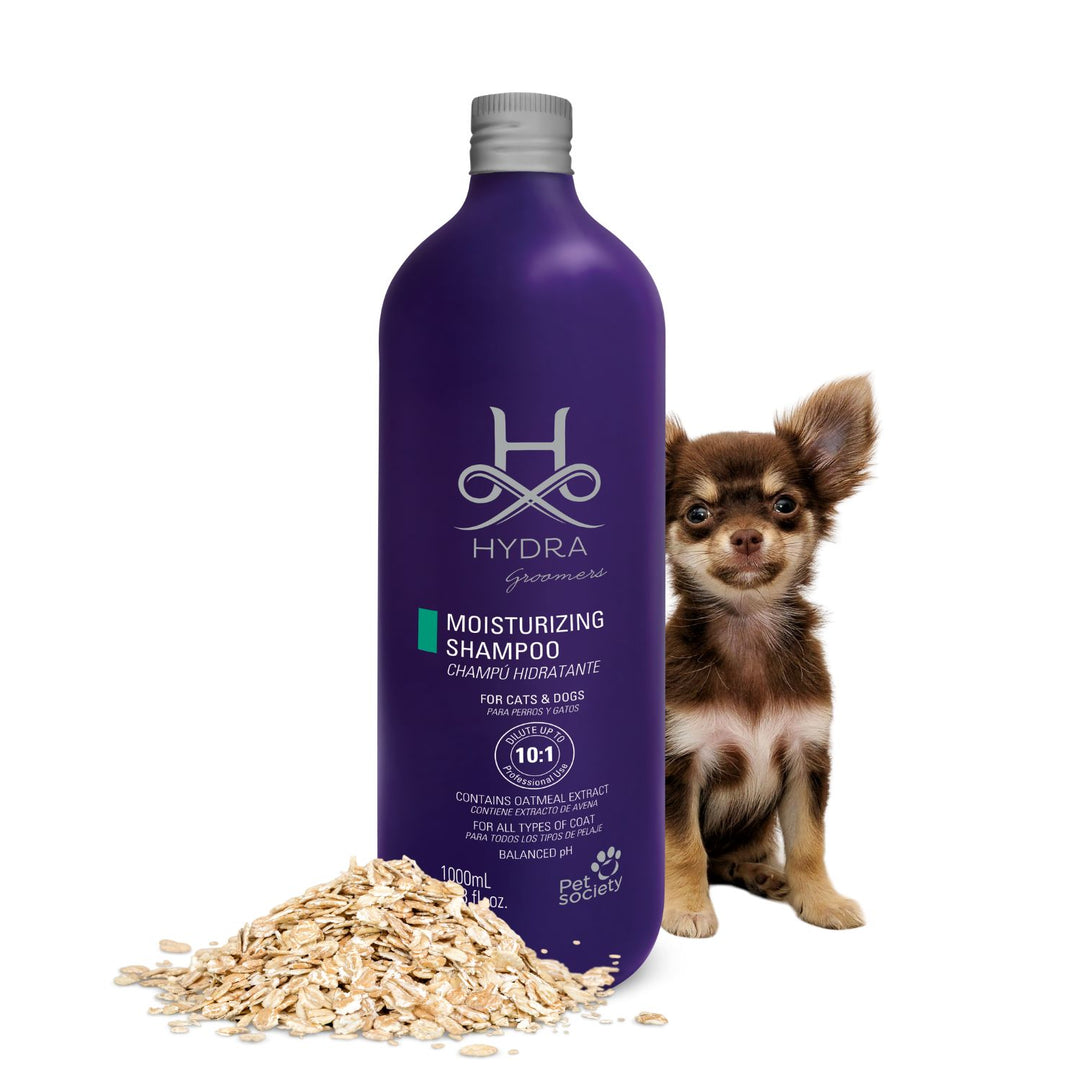
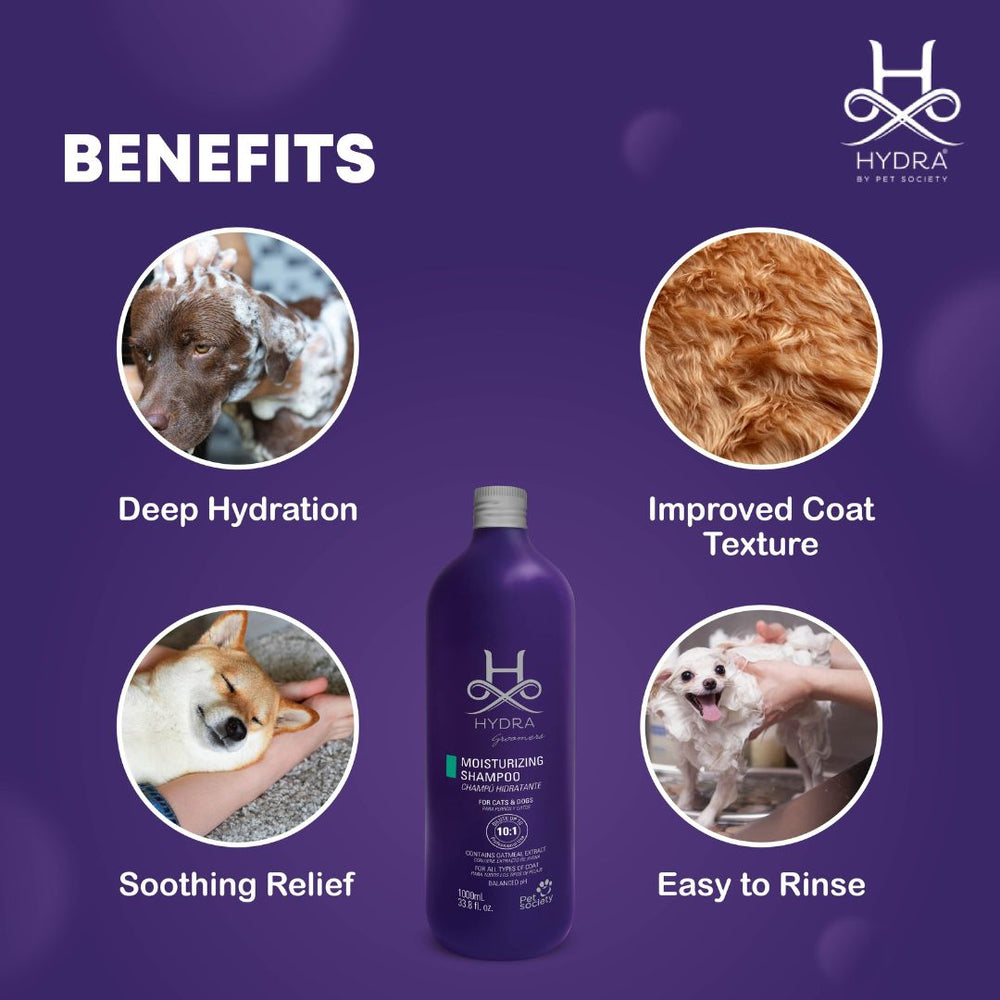
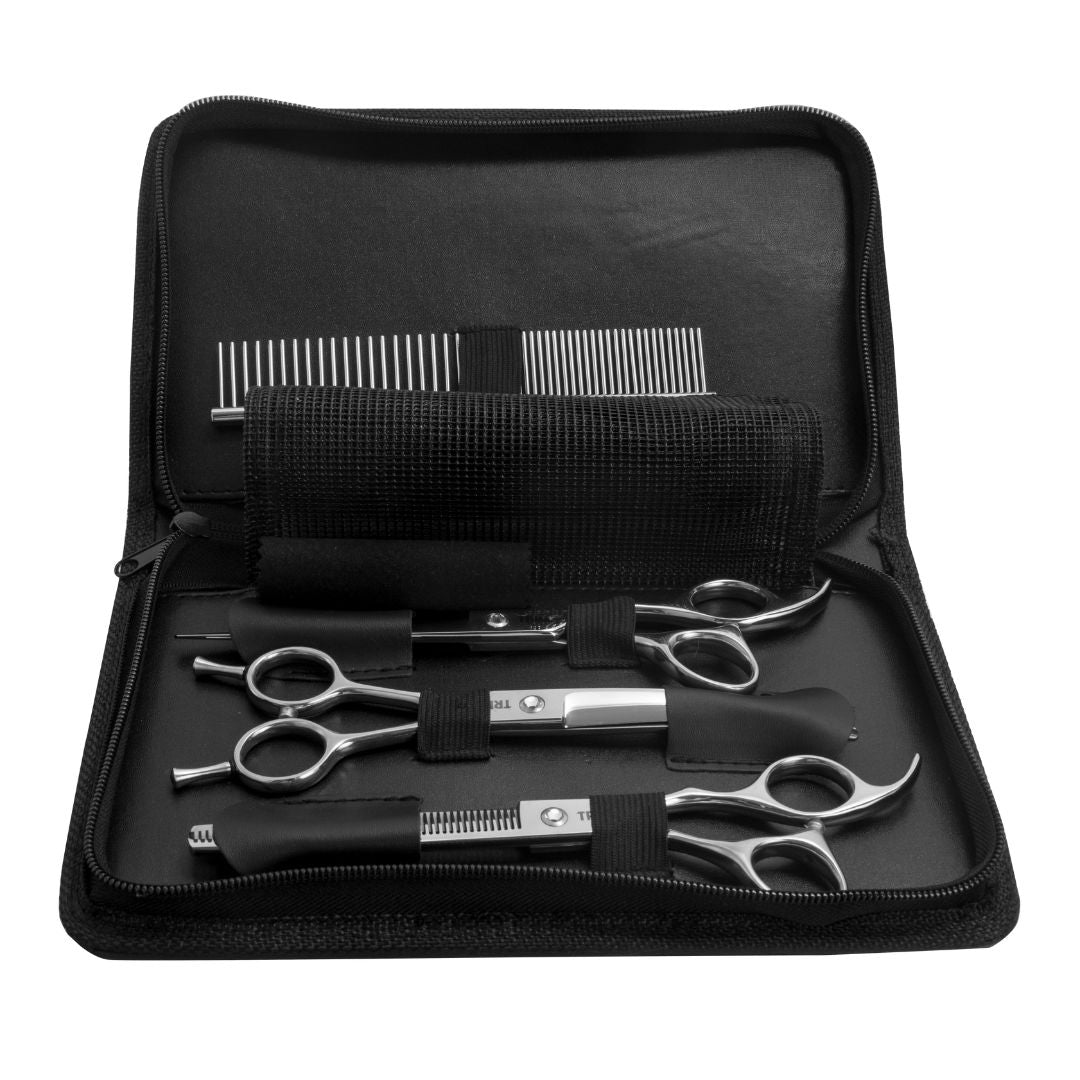
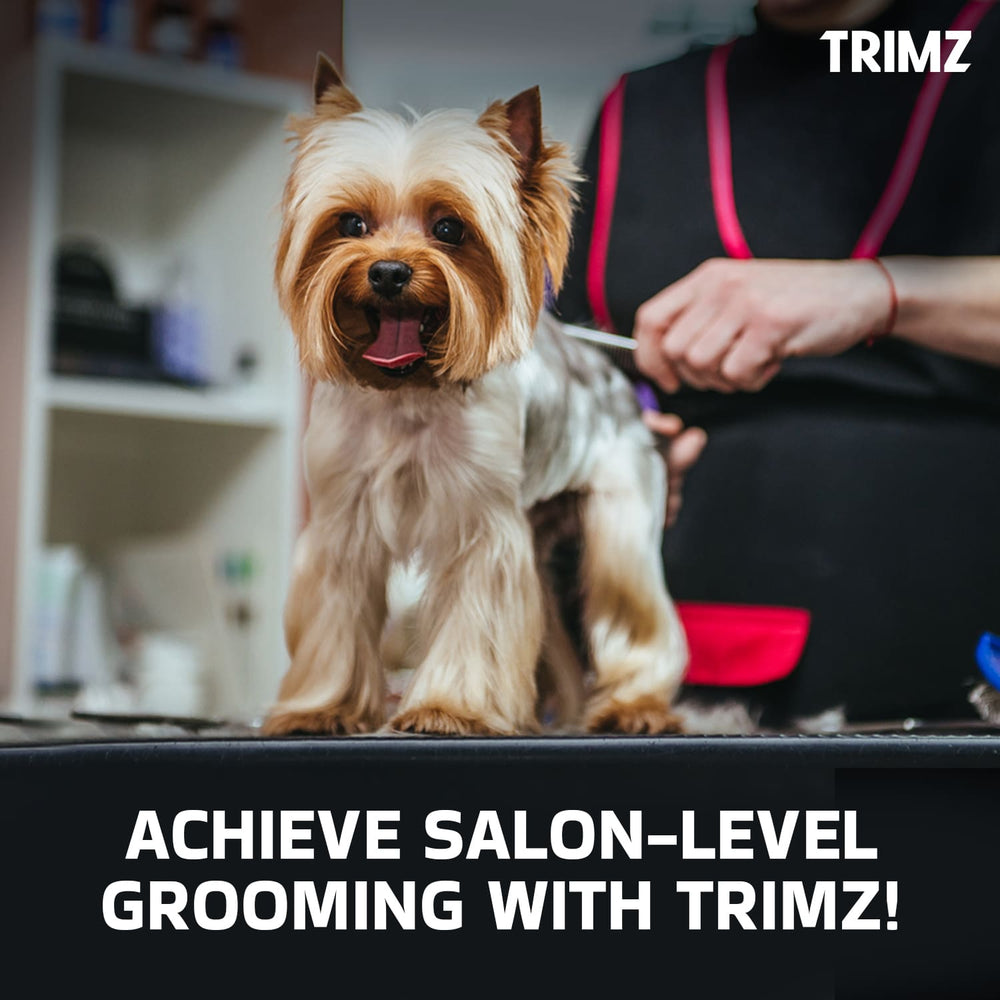
Leave a comment
Please note, comments must be approved before they are published
This site is protected by hCaptcha and the hCaptcha Privacy Policy and Terms of Service apply.